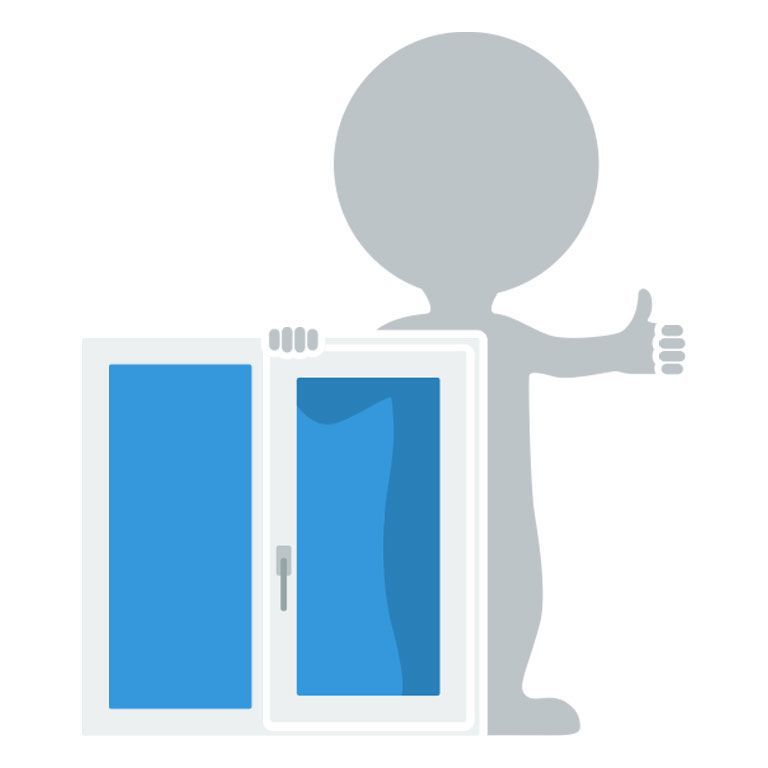Bill Eddins posted an excellent article called “The Missing Piece” on 12/13/2009 which espouses the idea that in conjunction with significant financial gifts (think eight figures) “each and every member of the orchestra commits to going into the community and teaching deserving students for four hours a week…for free.” In response to Bill’s piece, I posted a comment suggesting that in order to promote the study of musical instruments (as he suggests) but in the absence of significant financial gifts, there is a great deal of untapped opportunity for orchestras to build meaningful relationships with existing private music teachers…
 Granted, most orchestras have education programs to one degree or another, but those focus mostly on public school efforts. Unfortunately, private instrumental music teachers are, by-and-large, ignored and the reasons for this are baffling. On one hand, private teachers should already be the focus of dedicated and ongoing outreach efforts due to the fact that they are a direct conduit to those in the community that have demonstrated a higher level of commitment toward the value of instrumental music (lessons and instruments aren’t cheap).
Granted, most orchestras have education programs to one degree or another, but those focus mostly on public school efforts. Unfortunately, private instrumental music teachers are, by-and-large, ignored and the reasons for this are baffling. On one hand, private teachers should already be the focus of dedicated and ongoing outreach efforts due to the fact that they are a direct conduit to those in the community that have demonstrated a higher level of commitment toward the value of instrumental music (lessons and instruments aren’t cheap).
In short, there is a natural connection to instrumental training and live musical performance. Facilitating that connection can is best served through cooperation, but this is exactly where groups inadvertently fall short. Most of the outreach efforts to private music teachers consist of sending them some posters, brochures, and encouraging them to tell students to buy tickets. Unfortunately, that’s neither outreach nor cooperation; it’s more akin to using private teachers as a human ticket kiosk.
How To Get Started
In order to begin building meaningful relationships with local private music teachers, start by identifying the professionals in your area. Find out if there are any private teacher associations in place or contact local music stores to see if they can share info about where to find private teachers (they routinely develop strong ties and maintain accurate lists). Once you’ve started mapping the local private music teacher community, consider the following options:
- If associations exist, send a representative to an upcoming meeting to listen and talk. Help identify any needs and if your organization can provide assistance.
- If associations don’t exist, reach out to each individual teacher and invite them to come together for a meet and greet. Perhaps there is opportunity to form an association (and your professional skills can help bring that together)?.
- See about developing exclusive opportunities for teachers to bring students to rehearsals for artistic field trips (clear this with musicians and any guest artists first).
- Craft special opportunities for adult music students (there are more out there than you might think). They love meeting professional orchestra musicians.
- Work with private teachers in developing education programs (with deliverables) they can include in lessons that educate students about live performing arts.
- When guest artists are in town, see if they are amiable to meeting with groups of private music students and their teachers at a preconcert event.
- Create special ticket offers for private music teachers and their students and explore opportunities to tie this in with local music stores.
These are but a few ideas to get the ball rolling and I’m confident that every good professional out there will be able to use this to being tapping into this enormous opportunity. In the meantime, it would be wonderful to hear about any organization’s current programs with local private music teachers. As someone who once ran a private music studio (and has given over 55,000 private lessons) along with extensive work in arts administration, I’ve approached this particular topic from both sides of the fence. So feel free to send along detailed questions.



Master classes in teaching for private teachers.